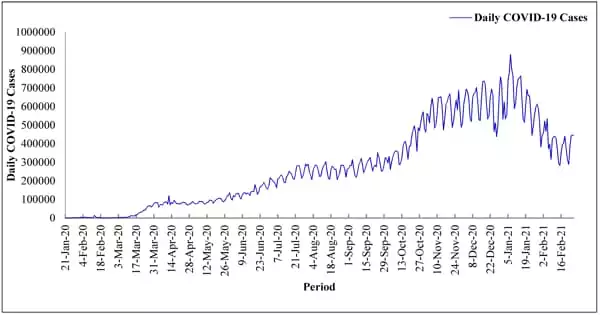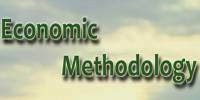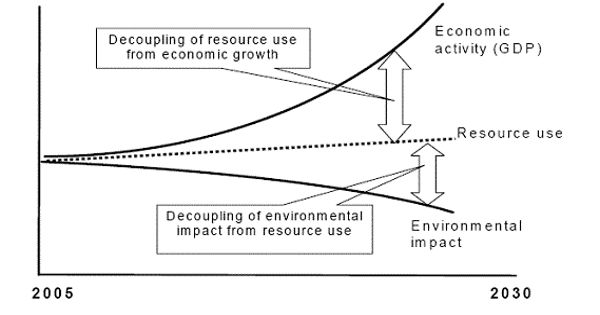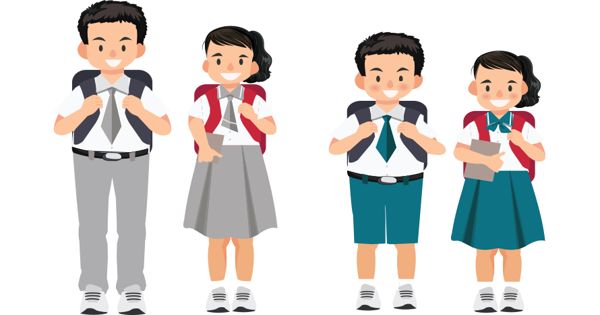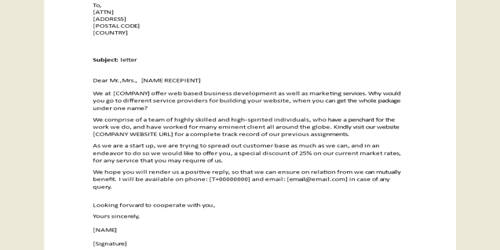Researchers discovered that people are more inclined to engage in economic activity during the COVID-19 pandemic if they know their neighbors are doing the same. Concerns about Covid-19 can make it difficult to decide when to engage in “normal,” pre-pandemic activities in these pandemic times. This could be especially true this winter, as the Omicron virus subtype spreads and its severity is still being explored.
Even when instances have been declining during the epidemic, there is sometimes confusion regarding which activities are most suited for resuming. People may create opinions about this based on social cues to some extent. Does the fact that many of your neighbors are returning to restaurants make you more likely to avoid them, knowing that they may be more crowded? Or is it an indication that eating out is growing safer?
An MIT research team conducted a field experiment with locals in Zhengzhou, China, in the spring of 2020, and found that people tend to have the latter reaction. When research participants were notified that their neighbors were going out to eat, the number of people who did the same climbed by 12 percentage points, or 37 percent. The key factor driving this shift appears to be shifting risk preferences: perhaps ironically, respondents perceived the activity to be safer knowing their neighbors were participating in it.
Knowing what other people in a social network are doing could thus be a useful indicator in improving conditions. In any case, the study reveals that when notified that others are increasing their activity, many people opt to increase their own activity rather than decrease it.
When we ran our experiment, [Zhengzhou] had zero Covid instances. The local authority had relaxed the lockout, allowing dining establishments to reopen. However, most people were hesitant to resume economic activity, possibly because they were unsure whether it was truly safe.
Professor Siqi Zheng
“When we ran our experiment, [Zhengzhou] had zero Covid instances,” says MIT Professor Siqi Zheng, a member of the research team and co-author of a recent publication revealing the study’s findings. “The local authority had relaxed the lockout, allowing dining establishments to reopen. However, most people were hesitant to resume economic activity, possibly because they were unsure whether it was truly safe.”
Zheng continues, “We thought that in [certain] uncertain times, such knowledge may be very useful: If others think it’s okay to go out, then maybe I should feel comfortable as well. To be honest, we were also anticipating the reverse reaction, in which individuals would dig down and avoid crowds.”
Instead, “the intervention pushed individuals to restart attending restaurants,” says Juan Palacios, a postdoctoral researcher at the Center for Real Estate and the Sustainable Urbanization Lab (SUL) and another paper co-author. “When people realized that their neighbors were going out, they followed suit.”
As a result, the researchers see the trial as a low-cost initiative that governments could pursue to assist boost consumer activity when conditions improve during the pandemic. The research, “Encouraging the Resumption of Economic Activity After COVID-19: Evidence from a Large Scale Filed Experiment in China,” was published today online in Proceedings of the National Academy of Sciences.
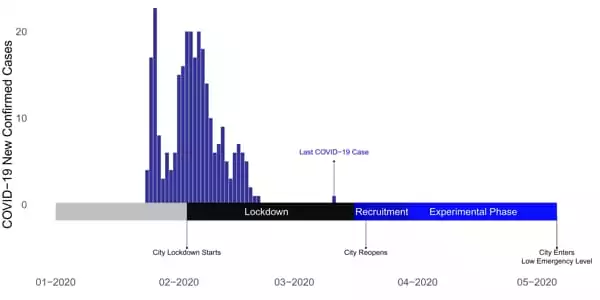
The researchers worked with 622 Zhengzhou residents for several weeks in the spring of 2020, shortly after China’s initial Covid-19 lockdown was lifted, to perform the study. Every participant was asked to indicate their belief on the percentage of their neighbors who planned to go out to eat that weekend on a weekly basis. They also downloaded a study-specific app that used GPS data to track their movements.
One-half of the sample was provided extra information: the actual percentage of their neighbors who planned to dine out on any given weekend, a fact social scientists refer to as a “descriptive norm.” This figure is based on a different poll done in the same locality.
By comparing the weekend activities of the two groups, the researchers discovered that those in the group that knew the true percentage of neighbors dining out would go to restaurants far more frequently.
Rand explains, “We employ a descriptive norm experimental design, which is a well-established strategy in psychology.” “Given that the nudge is quite easy to apply and basically free, we believe it could be useful for others attempting to promote reopening.”
In another aspect of the study, the researchers discovered that participants’ decision-making was highly influenced by risk perceptions. The researchers repeated the experiment to see if participants would be more likely to visit public parks – but found that the intervention made little change in behavior since people already perceived trips to public parks as a safe activity.
According to other researchers, the findings add to the increasing literature on public behavior and risk perception during the shifting cycles of the Covid-19 pandemic.
As the researchers concede in the report, the study was “conducted in only one context at a very specific point in time,” thus caution “must be exercised when generalizing our findings to other cultures and time periods.” It is also possible that the variable availability of vaccines, which initially became available to the public many months after the spring of 2020, will affect risk perceptions.
“We acknowledge that it may not always work as well as it did for us,” Yoeli explains. “It’s probably preferable to test it in situations where individuals are unclear about the safest course of action.” Nonetheless, he says, “the simplicity and generic nature of our intervention allow policymakers around the world to borrow our idea and execute it in their communities.”
